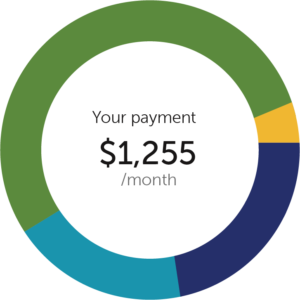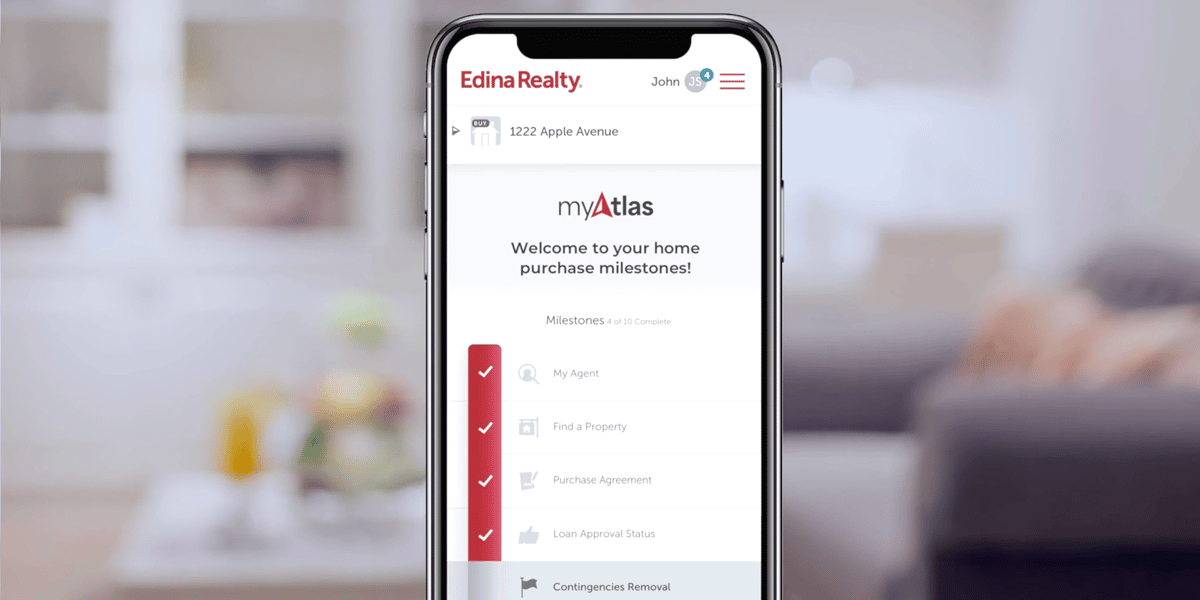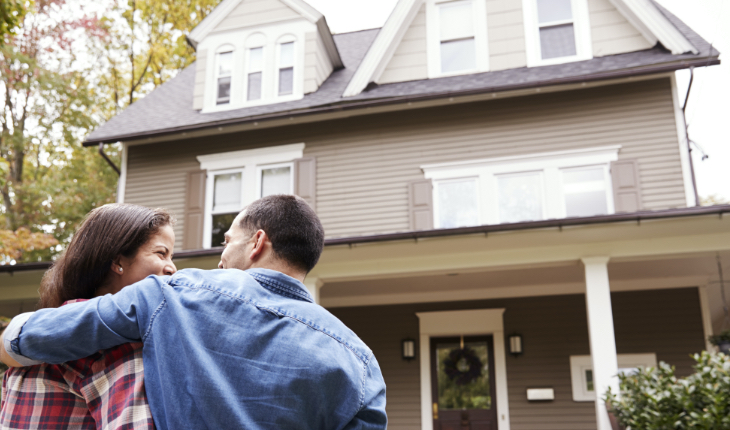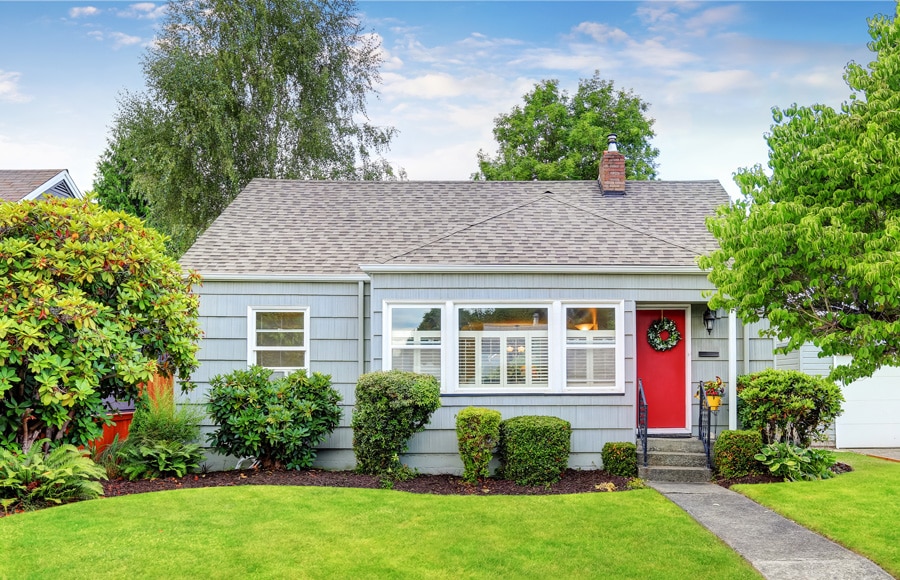Find homes for sale

What mortgage can I afford?
When you buy a home in Minnesota or Wisconsin, it’s important to know just what you can afford. Calculate your estimated monthly mortgage payment using today’s rates!
Introducing MyAtlas ™ at Edina Realty
This digital tracker allows you to easily monitor your progress along key milestones to buying, selling or refinancing your home

Sell your home
*
Based on information from the REGIONAL MULTIPLE LISTING SERVICE OF MINNESOTA, INC. for 2024 from 13 county metro area on previously owned homes that were not in foreclosure, lender-owned or potential short sale. Figures are based on closed sales.

Discover your home’s max value
Request a free real estate property value report from a Minnesota or Wisconsin Realtor.
Get your complete guides
for buying and selling
Take the guesswork out of buying or selling a home! From mortgage steps
to tips for finding a Realtor to sell your starter home or luxury property, you’ll find it here.
to tips for finding a Realtor to sell your starter home or luxury property, you’ll find it here.

The Ultimate Guide to Selling Your Home

The Go-To Guide for Buying a Home
Specialty real estate
Full service. One company.
Take the guesswork out of buying or selling a home! From mortgage steps to tips for finding a Realtor to sell your starter home or luxury property, you’ll find it here.

Menu